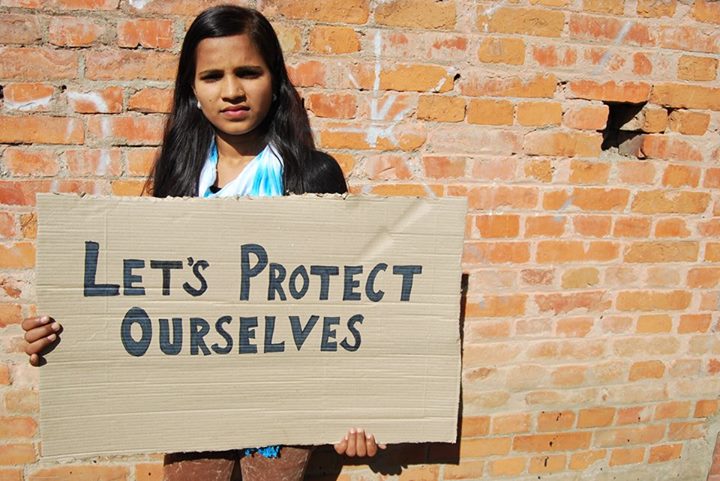By Julia Abbiss
War. Genocide. Human trafficking. Natural disasters. Epidemics. While each conflict differs in logistical community issues, a fascinating constant is the role that local women play in response to the particular conflict plaguing their region. Take Rosie the Riveter, for example. During World War II, women were called to fill the roles that men traditionally held in order to sustain the economy, support their households, and provide wartime services. While this was a huge step for feminism, think of what happened when men came home from serving: The birth of not only millions of babies, but the iconic 50’s housewife, with microwaves and vacuums being advertised instead of independent, badass female figures.
This is not an isolated cycle. Rarely are women granted an opportunity to continue with their newfound societal roles or peace-building activities, post-crisis. This cycle is being challenged, however, by women-led organizations across the globe that focus on female empowerment, social reconstruction, and economic sustainability during all stages of the conflict period. Examples of these organizations are:
Creativity for Peace: A Santa Fe, New Mexico-based organization that recruits Israeli and Palestinian teenage girls to participate in a summer camp that uses art therapy and group meditation to foster a new generation of peace-making female leaders in Israel and Palestine. www.creativityforpeace.com
SASANE
To combat the major human trafficking issue in Nepal, SASANE was created to train trafficked female survivors into becoming certified paralegals. The survivor-led organization stations these certified survivors in high-risk trafficking areas to educate families and young girls on their basic legal and human rights. Planeterra and G Adventures also partnered with SASANE to create the Sisterhood of Survivors program to train survivors without a high school diploma in the hospitality, culinary, and management industries. Both programs provide survivors with employment opportunities that lead to personal economic independence and the tools to successfully reintegrate to society. www.sasane.org.np
Afghan Institute of Learning
During the 1990 Taliban regime in Afghanistan, AIL operated 80 secret schools for 3,000 girls and trained 80 teachers. Since 2001, the female-founded org has expanded to provide Afghani communities with learning centers and healthcare clinics, offering programs on democracy, elections, peace, literacy learning through texting, and maternity classes.www.afghaninstituteoflearning.org
Umoja Women’s Village
15 survivors of rape in Kenya founded Umoja Uaso Women’s Group, a cooperative women’s-only village. Together they provide security and economic opportunities for themselves in order to sustain their shared land, remain economically independent, and be completely self-reliant. The group provides participating women with a rights-based education, with a focus on women’s rights, prenatal care, and income-generating ventures. www.umojawomen.net
Female participation, leadership, and collaboration is an undoubtedly crucial combatant to any crisis situation. What is perhaps more crucial though, is continuing such involvement post-crisis, so as to keep a community’s progress flowing and women-led efforts supported and encouraged. As First Lady, Michelle Obama, said, “No country can ever truly flourish if it stifles the potential of its women and deprives itself of the contribution of half its citizens.”
About the Author
Julia Abbiss is completing her M.S. in Nonprofit Management from Johnson & Wales University, where she obtained her B.S. in Travel-Tourism & Hospitality Management. When she is not guiding tours through the southwest or spending her money on breakfast burritos, Julia is working with Humanity Unified to develop campaigns to reach their July fundraising goal. Follow Julia’s adventures at www.jabbiss.wordpress.com



